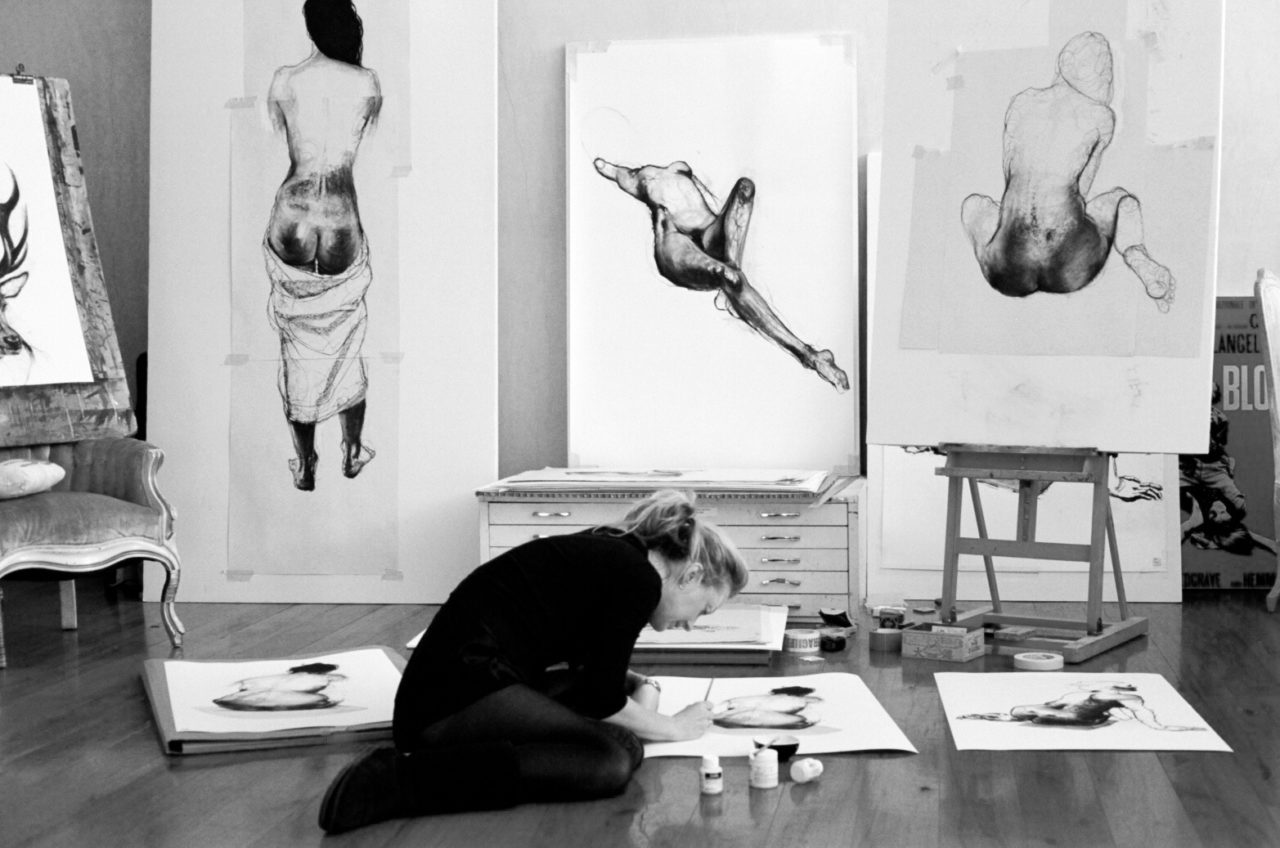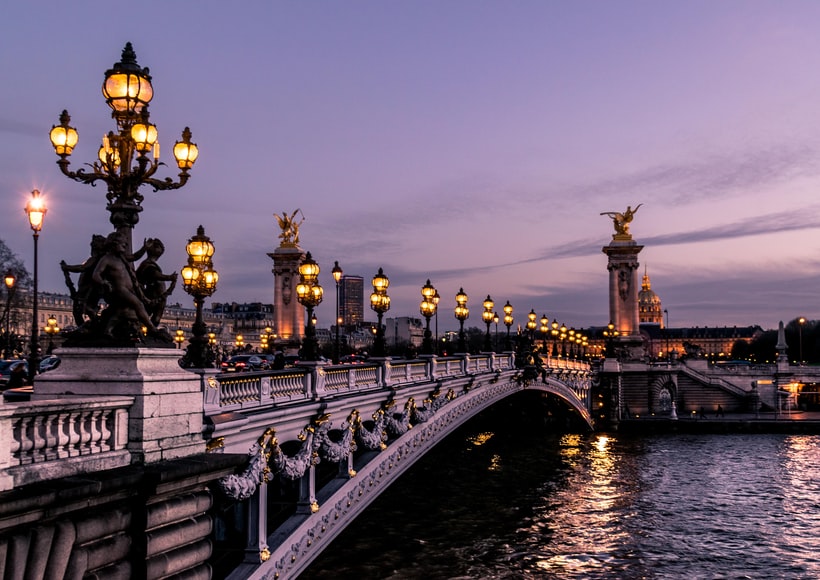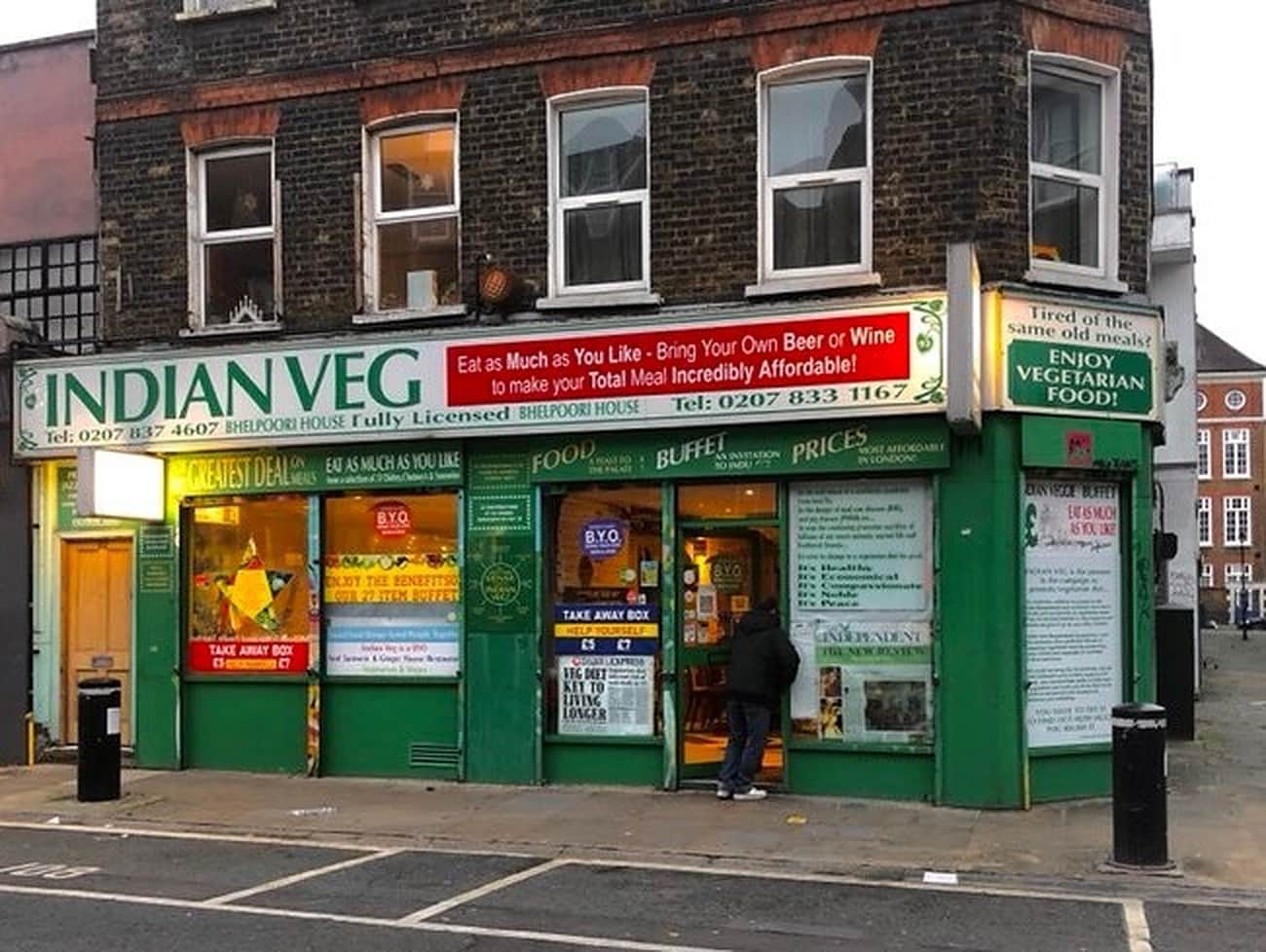Staff writer Ruth Otim reminds us of the conflict in Sudan, and the importance of the media in paying attention to international conflicts.
I have noticed a trend recently: readers and watchers of the news – for which I do not exclude myself from – suffer from object permanence. International issues seemingly disappear before our eyes if it’s not in our constant line of sight. There are stories that were major headlines only months prior that have disappeared from the breaking news section, erased from the opinion pieces, and dwindled to a 30 second segment on your news broadcast. The war in Sudan, as I see it, is a victim of our news object permanence.
The Conflict in Sudan
The power-struggle amongst the leader of the Rapid Support Forces (RSF), Mohamed Hamdan Dagalo “Hemedti”, and General Abdel Fattah al-Burhan of the Sudanese Armed Forces (SAF) began on April 15th, 2023, catalysing the armies into “full-scale civil war”. The deposition of the long-ruling Omar al-Bashir regime only four years prior brought forth a hopeful transitional period towards a Sudan led for and by the people. However, as Al Jazeera posits, this war is far more than two competing factions, but a “war that was triggered by a derailed political transition.”
After al-Bashir’s exodus from politics, Sudan was met with two realities to bear with: the integration of the paramilitary RSF into the SAF, and the concern for justice for the victims in the aftermath of the 2003 Darfur conflict. With the position of the leaders at stake, and a possible prosecution afoot, the state of Sudan was both tense and ripe for dispute: one which many Sudanese hoped would not unfold in a war of this degree.
The Sudanese people, however, are not the only victims of this violent conflict. The BBC reported that those who the conflict has trapped in Sudan (refugees from South Sudan, “Syrians, Pakistanis, and Indians”) face displacement, worsening humanitarian conditions, and no sign for the war to come to an end.
The war has magnified already pressing humanitarian concerns within the country, yet what appears to be scarier, is that aid for these rising crises has been inadequately met. The United Nations (UN) reminds us that “delivering aid in a warzone is extremely complicated, dangerous, and time-consuming”, and even past the difficulties of reaching those in need, garnering financial aid proves tricky in a litany of other humanitarian crises from Gaza, to Ukraine, and other operations internationally.
With the displacement of half of Sudan’s population, and 19 million children not in school, the uncoordinated peace efforts have threatened continued and greater displacement for those in the country, with the Director General of the International Organisation for Migration (IOM) stressing;
“We must not turn our back on the suffering of the millions of people affected by such devastating conflict”
Amy Pope, Director General, IOM
“Now, more than ever, we need all possible support to continue providing lifesaving humanitarian assistance and move towards recovery and long-term solutions”
A Fight for a Seat in International News
After the advent of Israel’s war on Gaza, the soon 2-year anniversary of the Russian invasion of Ukraine, and billions internationally going to the polls this year, the importance of continued coverage on Sudan has lessened dramatically. The dedication to reporting on Sudan however, is not solely up to the media. Western governments play a key role in whether a conflict is concerning or not, with The Guardian noting that the current American administration’s attention to aid in Sudan is inconsistent with the U.S.’s increased attention to both Ukraine and Israel.
Furthermore the lack of a special envoy dedicated to the Sudanese conflict is not lost upon international politics nor the media: it signals that the displacements, sexual violence, and deaths of the Sudanese people under this conflict does not meet an international criteria for attention. It is not to say that the news’ omission of the Sudanese conflict is a declaration of their disinterest, but it is nevertheless a sign-post for the international community’s lower perception of the gravity of the conflict in Sudan.
I insist that Sudan’s departure from our main news headlines has to do with the stakes countries such as the UK and the US, have in other international conflicts: the wars in Gaza and Ukraine. From the interests of “stabilising the Middle East”, to maintaining oil supply through the Israeli-American relationship; or how a CBS commentator, in the advent of the Russian Invasion, argued that Ukrainians are “relatively civilised”, thereby suggesting supporting their sovereignty is attached to greater Western Interests. The Western world has stakes in these conflicts, and evidently, there is no doubt they are highly complex conflicts that need to be paid attention to. The wars in Ukraine and Gaza maintain their rightful value through consistent international coverage; when Sudan looses such coverage it becomes wrongly devalued within international perception.
All these conflicts deserve attention in the media, no one higher than the other, none the more deserving because fundamentally human lives are lost and displaced. But it begs the question, of if there is more than the fundamental value of human life that drives news coverage? The stakes of the Western world outside the Global North motivates who cares about the conflicts discussed.
Why is Media Coverage Important?
It appears counter-intuitive that I discuss the importance of the media while writing in the media with the intention of showing you why this is important. Sudan is, nevertheless, a good case study of the inconsistent media attention given to varying international conflicts. Awareness of the continued conflict in Sudan, the ongoing displacement of peoples and their vulnerability to food shortages and violence is something that should be analysed, discussed, and consistently drawn into public discourse. When we discuss how Sudan’s conflict also instigates greater instability domestically and regionally for East Africa, we understand geopolitics better and push our governments for solutions.
If we move the Sudanese conflict to the small updates released within large media houses because there seems to be no end to the war in sight, by leaving Sudan to the news sidelines, we limit international discourse and commitment to resolving the war. When we watch the news and derive our understanding of conflicts from it, we may not always act on those insights, but we make our governments far more accountable to the atrocities that happen internationally.
In this way, we shouldn’t forget about Sudan. We shouldn’t let object permanence blind us from humanity internationally.













